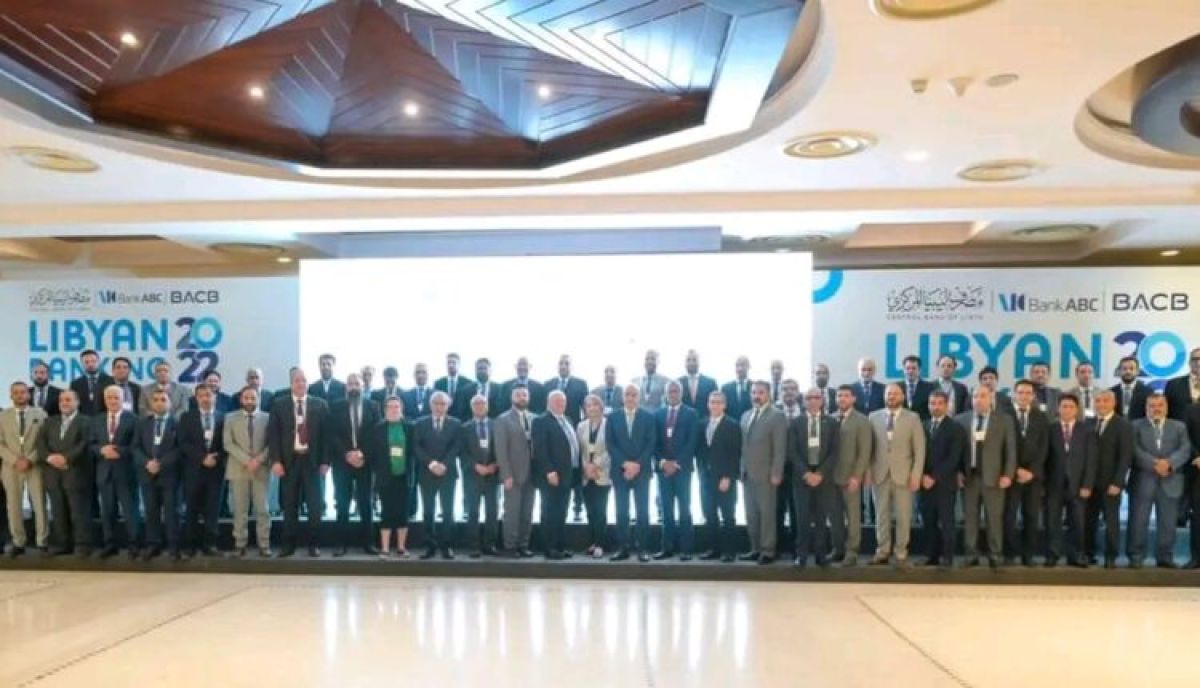The Assistant General Manager of Wahda Bank reveals details about the activities of the Libyan Banking Conference on Compliance

The Assistant General Manager of Wahda Bank, Anas Ashnebesh, said that “this banking conference is a very important event, especially since cooperation in this field is a responsibility of all sectors within the country, to complete the right cycle of the wheel of work since the conference included the Libyan banking sector with international participation represented by the Arab Banking Corporation – London as well as the British Arab Commercial Bank.”
He added: “Many important topics regarding compliance, regulatory compliance and facing money-laundering were addressed with a group of national and international banking experts, who were at a high level in addressing the main themes, enriching the discussion and exchanging opinions and ideas among the distinguished attendance, which included the boards of directors and general managers of the Libyan banking sector.”
In the same context, Ashnebesh confirmed that “the Libyan banking sector has given priority and importance to these concepts. On the other hand, he pointed out that the senior management of Wahda Bank is making every effort to enhance the employee’s ability to understand the concept of compliance and supervisory commitment, and that compliance does not mean refusing to conduct transactions or complicating procedures, but quite the opposite.
The application of the basic rules and international norms of the concept of regulatory compliance is to ensure the flow of services correctly without confusion or the bank falling into any prohibited, especially since Wahda Bank has a network of correspondents that operate within a global banking system in accordance with international standards, and at the end of his speech he emphasized that this conference is a serious start and a real initiative led by the Central Bank of Libya towards developing the banking sector, in accordance with international regulations and systems of which the Libyan state is a part.”
Adapted from Sada Website



